Against a background of market turmoil, it would be nice to have something reliable to fall back on. In recent years, the soft drinks category has been a strong and consistent provider of footfall and profit: indeed, it is almost the perfect convenience product as it is easily sourced, universally stocked, doesn’t require a licence and is ideal for consumers on the go.
This week the Soft Drinks Levy comes into force, which has already changed the pack sizes and prices on several leading brands, and changed others even more fundamentally as new formulations are introduced to keep the manufacturers in business. And the category is set for further disruption now that the government has decided to implement a deposit scheme to tackle plastic waste.
Officially the matter is subject to consultation, but environment secretary Michael Gove has already promised it to the Daily Mail, so we had all better get used to it. But how it will affect retailers remains yet to be revealed, and is a matter of some concern.
The government statement pointed to higher recycling rates in other European countries, where deposits are charged on bottles and the money is often returned to the consumer via reverse vending machines, which issue discount vouchers once empty bottles are pushed inside. Such a network would be costly, demanding on space, and would naturally favour the larger stores, assuming people could be bothered to use them, of course.
I think we need to look beyond this mechanism. Wales has higher rates of recycling than England, and it is no coincidence that there is a single, consistent policy on kerbside collection in the Principality, compared with a patchwork of different regimes in England. And product development can tackle some of the worst excesses of plastic packaging – more than half of the bottle waste in the UK, for instance, is through water packaging, so surely there is more that can be done to sell water to shoppers in recycled or refillable containers. Some retailers are starting to do this already, and it’s not difficult for anyone to achieve.
The trick is to make it easy for consumers to recycle, not to develop an elaborate mechanism for recirculating 8p charges through the retail industry. When we see images of plastic bottles floating in the Indian Ocean, I think we all agree that we should collectively be doing more to prevent it happening. But there are lots of alternatives to the costly and inconvenient reverse supply chain proposed by the deposit return scheme, and I hope it is not too late to give them a try.










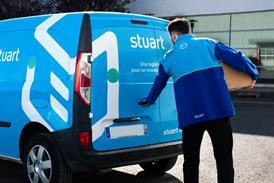

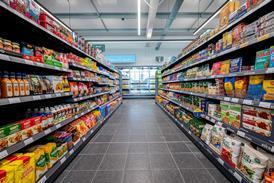
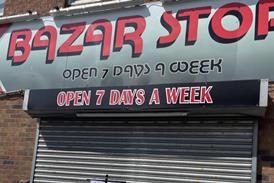







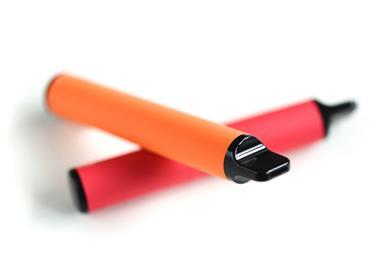



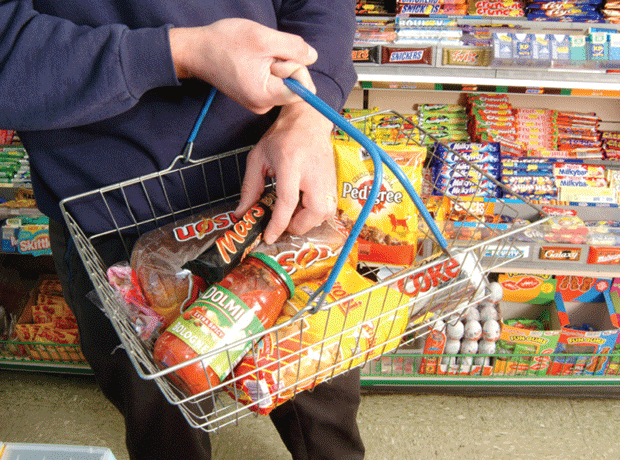

No comments yet